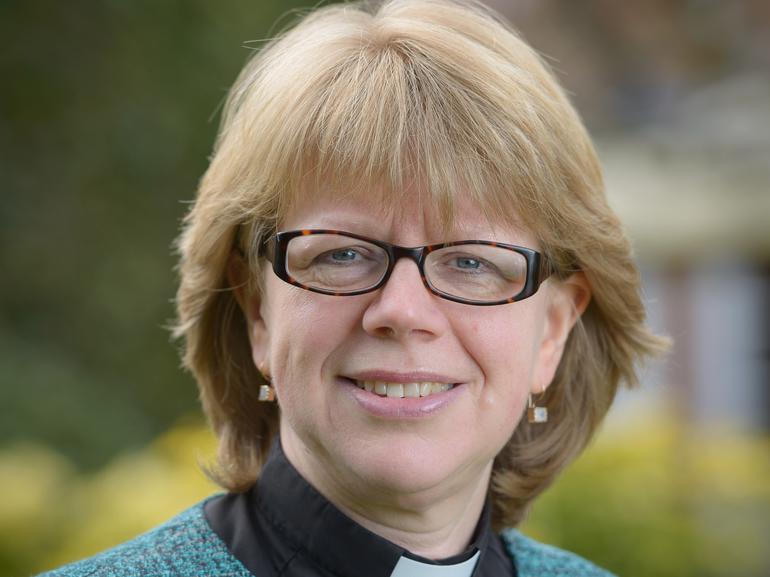The Elliott Review was commissioned in September 2015 to look into alleged sexual abuse committed against a man during the 1970s.
His claims were made to a number of different people on separate occasions through the intervening years, both within and outside the Church, but no action was taken.
The survivor said he had "not received a response which he felt adequately addressed his needs".
Senior members of clergy questioned said they did not remember the allegations being made, something, the report says, is "hard to accept".
It added: "Practice of this nature is simply not acceptable and must be addressed. All who find themselves to be in this position must know what to do and must have some understanding of how they should respond.
"To have no records and to rely entirely on memory is simply not good enough."
The survivor has since been offered an unreserved apology and a settlement amid further efforts by the church to repair the damage caused to him.
He asked for the report to be reviewed by a female church official. It was handed to the Bishop of Crediton, Rt Revd Sarah Mullally.
She said the report made "embarrassing reading" and she was "horrified to hear and read of the abuse suffered".
"I apologise profusely for the failings of the Church towards him, and for the horrific abuse he suffered," she said.
The Church has only published the conclusions and recommendations following the Elliott Review but the full document has been seen by the Guardian.
Those told about the abuse were three bishops and a senior clergyman later ordained as a bishop, the newspaper claims.
It says the review is highly critical of the Archbishop of Canterbury's office which had failed to respond meaningfully to repeated efforts by the survivor throughout 2015.
Bishop Sarah said Justin Welby had seen the recommendations of the report and "will ensure they are implemented as quickly as possible".
They include the need for training to be provided to those who may receive abuse allegations. They should record what information has been shared with them and explain what action they will take.
In addition, financial considerations should not be given a priority that conflicts with the Church's pastoral aims when engaging with abuse victims, it was recommended.
The report accepted that Justin Welby could not be expected to reply "personally to each safeguarding concern that is received by his office" but that survivors should always receive a "meaningful" response.
Bishop Sarah concluded: "We should have been swifter to listen, to believe and to act. This report is deeply uncomfortable for the Church of England."






